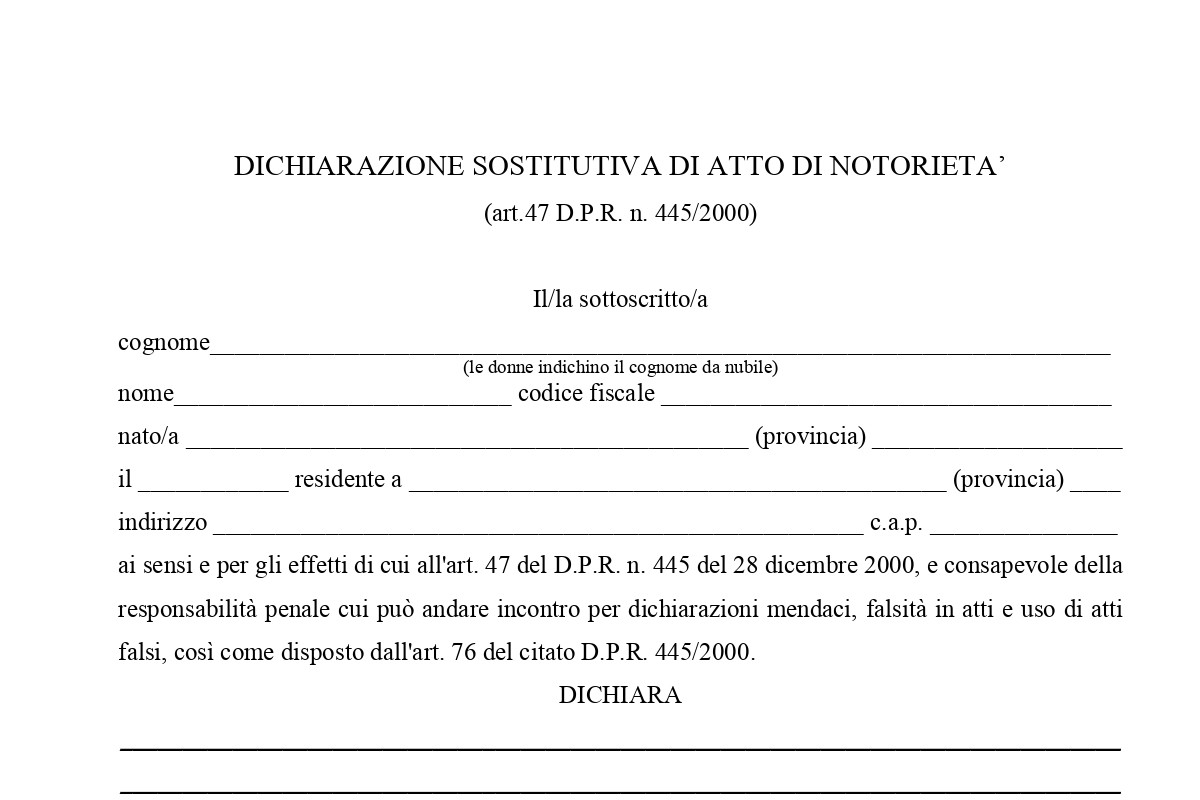Mobile App Privacy: Key CNIL Guidelines And Best Practices

Table of Contents
Understanding CNIL's Role in Mobile App Privacy
The CNIL is the French data protection authority, responsible for enforcing data protection laws within France, including the application of the General Data Protection Regulation (GDPR) to mobile applications. The GDPR, with its broad extraterritorial reach, significantly impacts app developers, regardless of their location, if they process the personal data of individuals in the European Union. The CNIL holds considerable power to ensure compliance.
- CNIL's enforcement powers: These include issuing warnings, imposing fines (which can be substantial, reaching millions of euros), and ordering the rectification or erasure of data.
- Types of sanctions for non-compliance: Penalties vary depending on the severity of the violation but can encompass financial penalties, corrective measures, and public reprimands.
- Resources available from the CNIL for app developers: The CNIL provides numerous resources, including guides, FAQs, and templates to assist developers in understanding and complying with data protection regulations. Their website is an invaluable resource for staying informed about updates and best practices.
Key CNIL Guidelines for Data Collection and Processing in Mobile Apps
The CNIL emphasizes two core principles: data minimization and purpose limitation. This means collecting only the data strictly necessary for the app's functionality and using it solely for the stated purpose. Obtaining informed consent is also critical. Users must understand what data is being collected, why it's being collected, and how it will be used.
- Clear and concise privacy policies: Your privacy policy must be easily accessible, understandable, and written in plain language. It should clearly outline your data collection practices.
- Transparent data collection practices: Be upfront about what data you collect and why. Avoid ambiguity or hidden data collection practices.
- User control over data access and deletion: Empower users to access, modify, and delete their data easily. Provide clear mechanisms for exercising these rights.
- Security measures to protect user data: Implement robust security measures to prevent unauthorized access, use, disclosure, alteration, or destruction of personal data. This includes encryption, secure storage, and regular security audits.
Handling Sensitive Data in Mobile Apps
Sensitive personal data, such as health information, location data, and financial information, requires even stricter protection under the GDPR and CNIL guidelines. Processing this type of data demands explicit consent from the user and the implementation of enhanced security measures.
- Data encryption methods: Use strong encryption techniques both in transit and at rest to protect sensitive data.
- Pseudonymization and anonymization techniques: Where possible, utilize pseudonymization or anonymization to minimize the risk of identifying individuals.
- Data breach notification procedures: Establish clear procedures for promptly notifying users and the CNIL in case of a data breach.
Best Practices for Mobile App Privacy
Beyond adhering to CNIL guidelines, adopting best practices enhances mobile app privacy significantly. Proactive measures build user trust and minimize potential risks.
- Implementing robust security protocols: Utilize HTTPS for secure communication and secure storage solutions for user data.
- Regularly updating the app: Address security vulnerabilities promptly through regular updates to patch security flaws.
- Conducting privacy impact assessments (PIAs): PIAs help identify and mitigate potential privacy risks associated with your app's data processing activities.
- Employing privacy-enhancing technologies (PETs): Explore the use of PETs, such as differential privacy or federated learning, to enhance data privacy.
- Third-party vendor management and due diligence: Carefully vet third-party vendors who access or process user data, ensuring they comply with data protection regulations.
International Considerations for Mobile App Privacy
If your app has a global reach, you must comply with data protection laws in all relevant jurisdictions. The GDPR's extraterritorial reach means that even if you're not based in the EU, you might still be subject to its regulations if you process the personal data of EU residents.
- Understanding GDPR's extraterritorial reach: Be aware of the conditions that trigger GDPR applicability.
- Compliance with data protection laws in other jurisdictions: Research and understand the data protection requirements in each country where your app is used.
- Data transfer mechanisms for international data flows: Utilize appropriate data transfer mechanisms, such as standard contractual clauses, to ensure the lawful transfer of personal data across borders.
Conclusion
Ensuring mobile app privacy requires a multifaceted approach. Adhering to CNIL guidelines, implementing robust security measures, and embracing best practices are vital for building trust with users and complying with the law. Ignoring these aspects can lead to significant legal penalties and reputational damage. Review your mobile app's privacy practices in light of these CNIL guidelines and best practices. Prioritize mobile app privacy to create a trustworthy and compliant application. Consult the CNIL's website for further guidance and resources to ensure your app meets the highest standards of data protection.

Featured Posts
-
 Goeruenmeyen Tehlike Nevsehir De Yueksekten Duesme Kazasi
Apr 30, 2025
Goeruenmeyen Tehlike Nevsehir De Yueksekten Duesme Kazasi
Apr 30, 2025 -
 Prosecutorial Misconduct Allegations In Cardinal Trial Supported By New Findings
Apr 30, 2025
Prosecutorial Misconduct Allegations In Cardinal Trial Supported By New Findings
Apr 30, 2025 -
 Becciu Data D Inizio Dell Appello E Dichiarazione Di Innocenza
Apr 30, 2025
Becciu Data D Inizio Dell Appello E Dichiarazione Di Innocenza
Apr 30, 2025 -
 Processo Becciu Il Cardinale Si Difende Dalle Accuse Di Falsita
Apr 30, 2025
Processo Becciu Il Cardinale Si Difende Dalle Accuse Di Falsita
Apr 30, 2025 -
 Car Crash At After School Program Leaves Four Dead Children Included
Apr 30, 2025
Car Crash At After School Program Leaves Four Dead Children Included
Apr 30, 2025
